Why we do not have infant memories
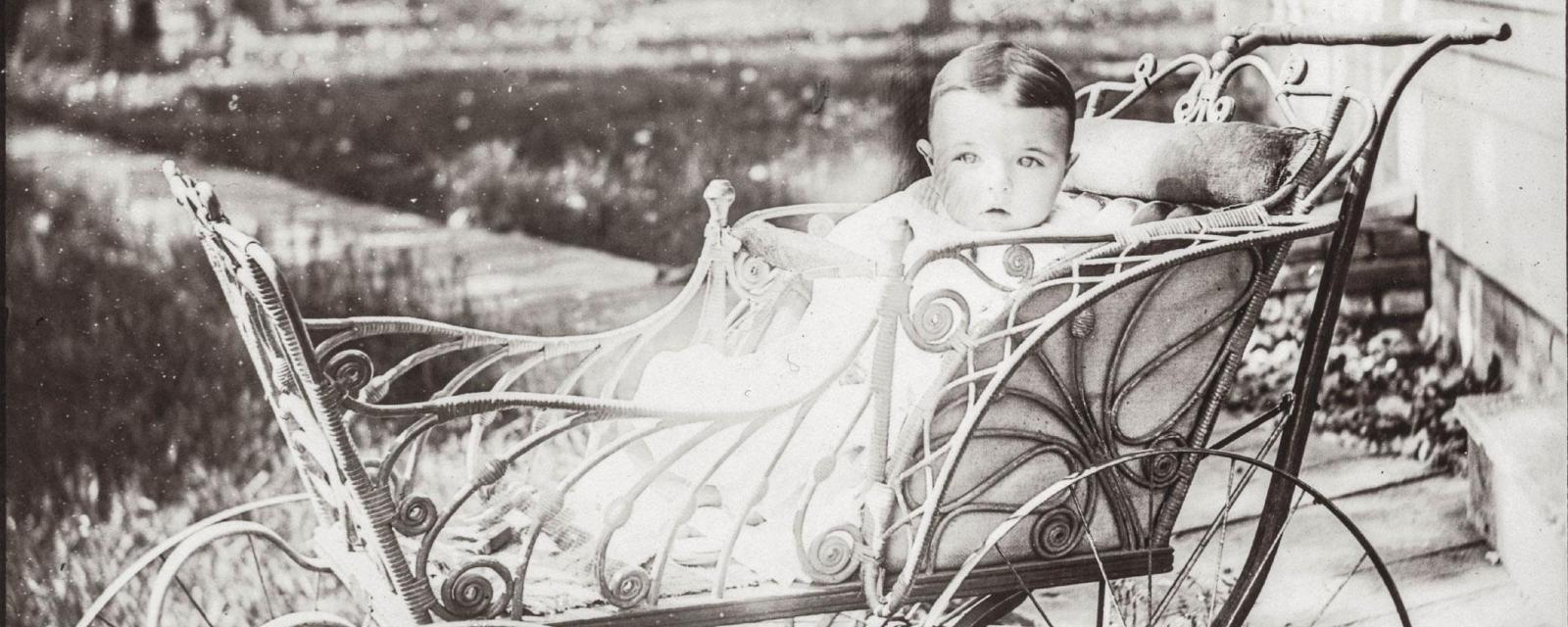
You have dinner with people you have known for several years. You were together at parties, celebrated birthdays, walked in parks and indulged in your mutual love for ice cream. You even rested together. In general, they spent a large amount of money on you. But you do not remember any of this.
From the most exciting moment of life - from the day you were born - to the first steps, words, food, and to the manger, most people do not remember anything from the first years of their life. Even after the very first memories, others remain rare, with long intervals between them, right up to a certain point in childhood. Why it happens?
')
This hole in the records of our lives upset parents and baffled psychologists, neuroscientists and linguists for decades. She was one of the passions of the father of psychotherapy, Sigmund Freud, who coined the term " infantile amnesia " more than 100 years ago.
Reflections on these spaces raise interesting questions. Was it really what we store in our early memories, or were they invented? Can we remember events without words describing them? Is it ever possible to recover lost memories?
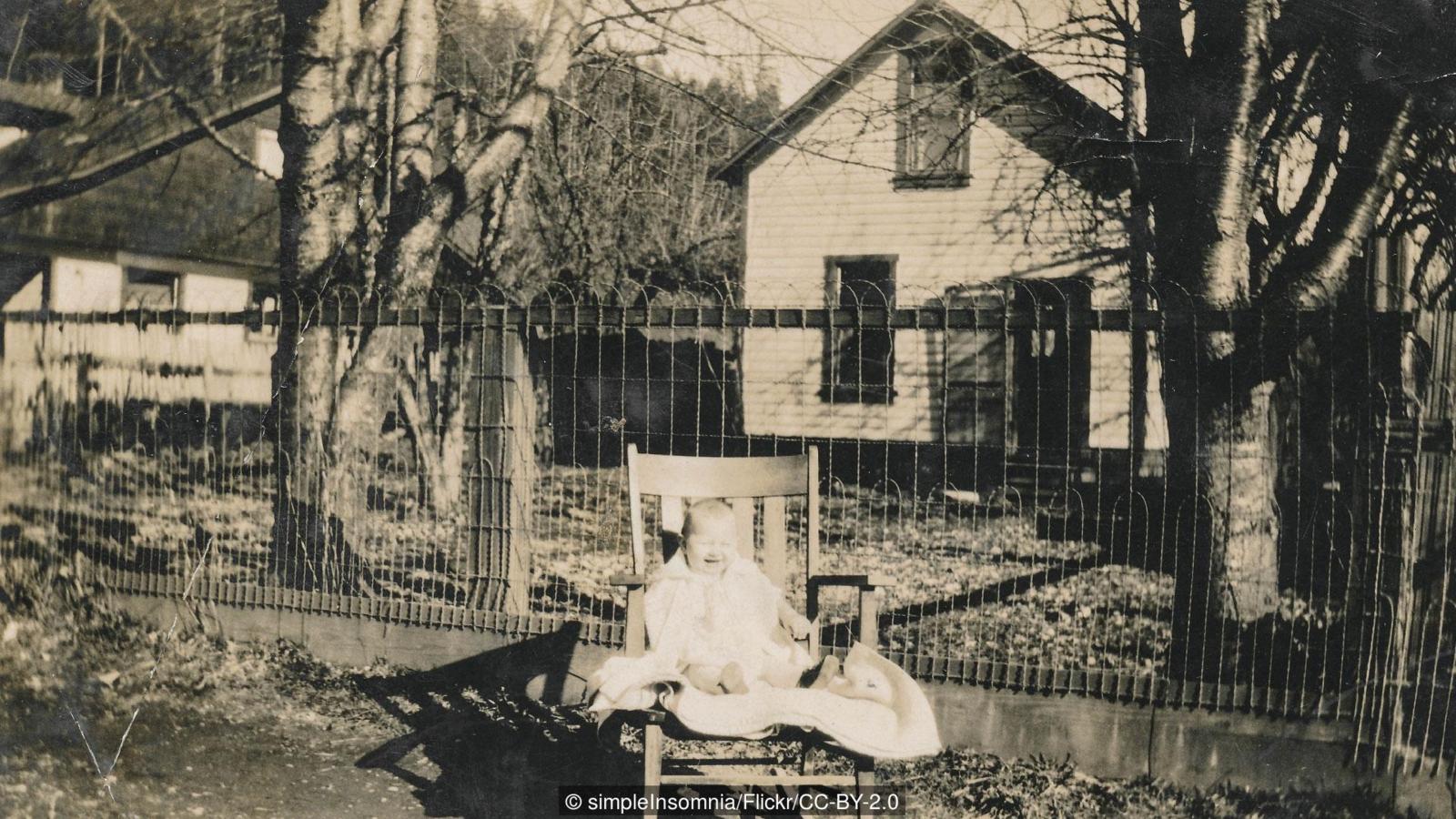
Part of the puzzle lies in the fact that children absorb information like a sponge, forming about 700 new neural connections per second and demonstrating such language learning skills that the best polyglot would envy. Recent studies suggest that they begin to train their brain while still in the womb.
But even in adults, information that they are not trying to gain access to is lost. So one of the explanations for infant amnesia is the result of the natural process of forgetting that happens throughout life.
The answer is contained in the works of the 19th century German psychologist Herman Ebbingus, who conducted several advanced experiments on himself to test the limitations of human memory. To make sure that his memory is clear, he came up with "meaningless syllables" - made-up words from random letters - and memorized them in thousands.
His forgetting curve graphs show the unexpectedly rapid decline of our ability to recall things learned. If you leave the brain alone, in an hour it discards half of the new material. By the 30th day, 2-3% remains in it.
It is important that Ebbingus discovered the predictability of the forgetting process. So, to find out if the baby's brain is different, we just need to compare the graphics. When, in the 1980s, scientists made such calculations, we found that we can cause far fewer memories from birth to 6-7 years than we would expect. So it became clear that the reason is different.
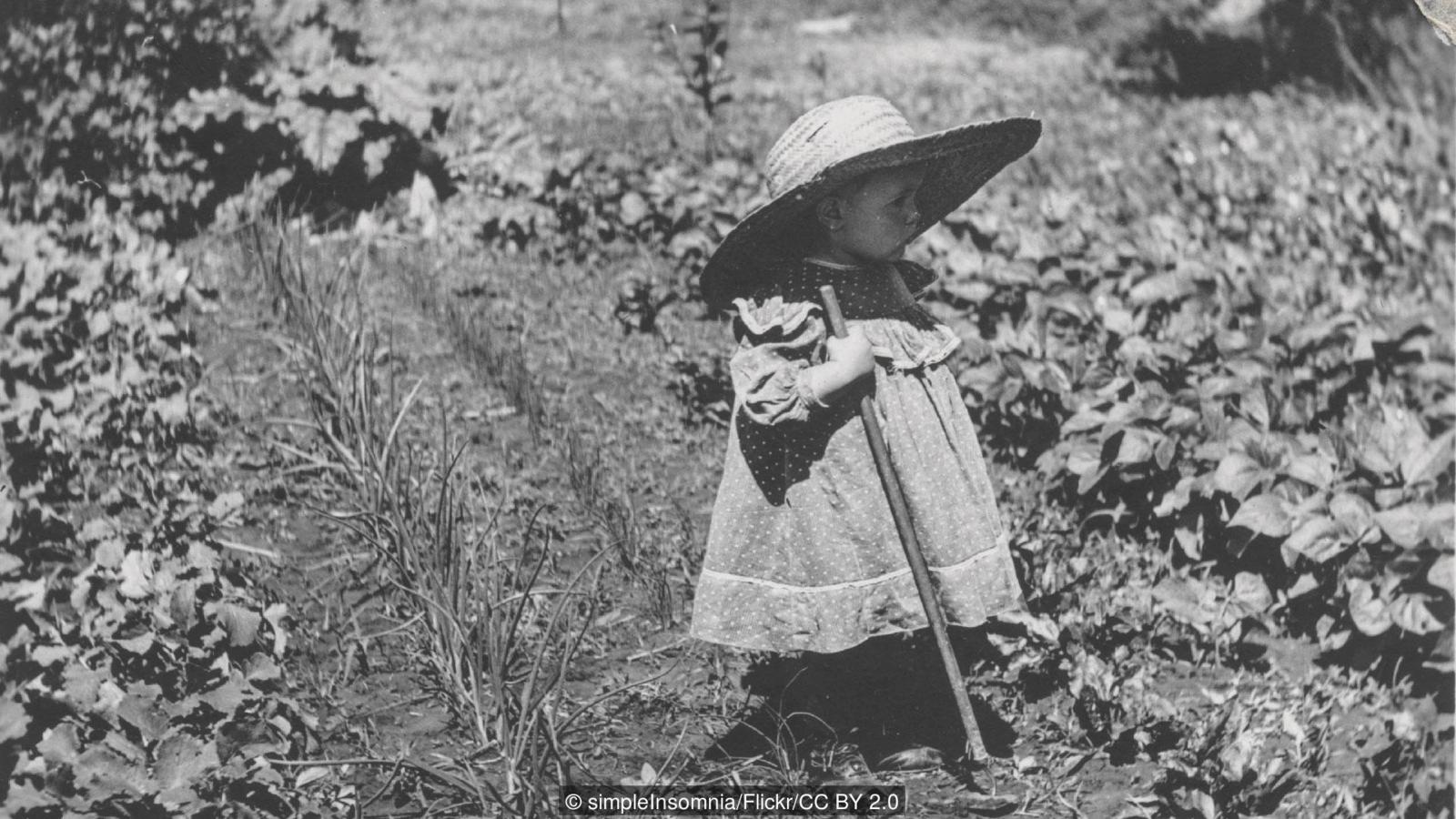
Interestingly, different people have this age. Some may recall the events that happened to them at the age of two , while others have no memories until the age of 7-8. On average, intermittent memories appear somewhere from 3.5 years. What is even more interesting, the difference in forgetting can be traced from country to country, and the average age of the earliest memories can differ by as much as two years.
Is it possible to draw conclusions from this about forgetting? Psychologist Qi Wang from Cornell University collected hundreds of memories from Chinese and American college students. As stereotypes predict, American stories were longer, more complex, and markedly egocentric. Chinese stories were short and more factual - and also, on average, began six months later.
These results are supported by many other studies . People with more detailed and self-concentrated memories themselves make it easier to recall them from memory. Apparently, self-interest in this case helps, since working on one’s own point of view gives events meaning. “This is the difference between the thoughts“ There were tigers in the zoo ”and“ I saw tigers in the zoo, and although they were scary, I was very interested, ”says psychologist from Emory University.
When Wang repeated her experiment, but with the mothers of children, he obtained similar results. That is, if you have a bad memory, the parents are to blame.
Wang's first memory is a walk in the mountains around her home in Chongqing, China, with her mother and sister. She was about six. Before she moved to the USA, nobody asked her such questions. “In Eastern cultures, childhood memories are not important. People will ask, “What do you care?” She says.
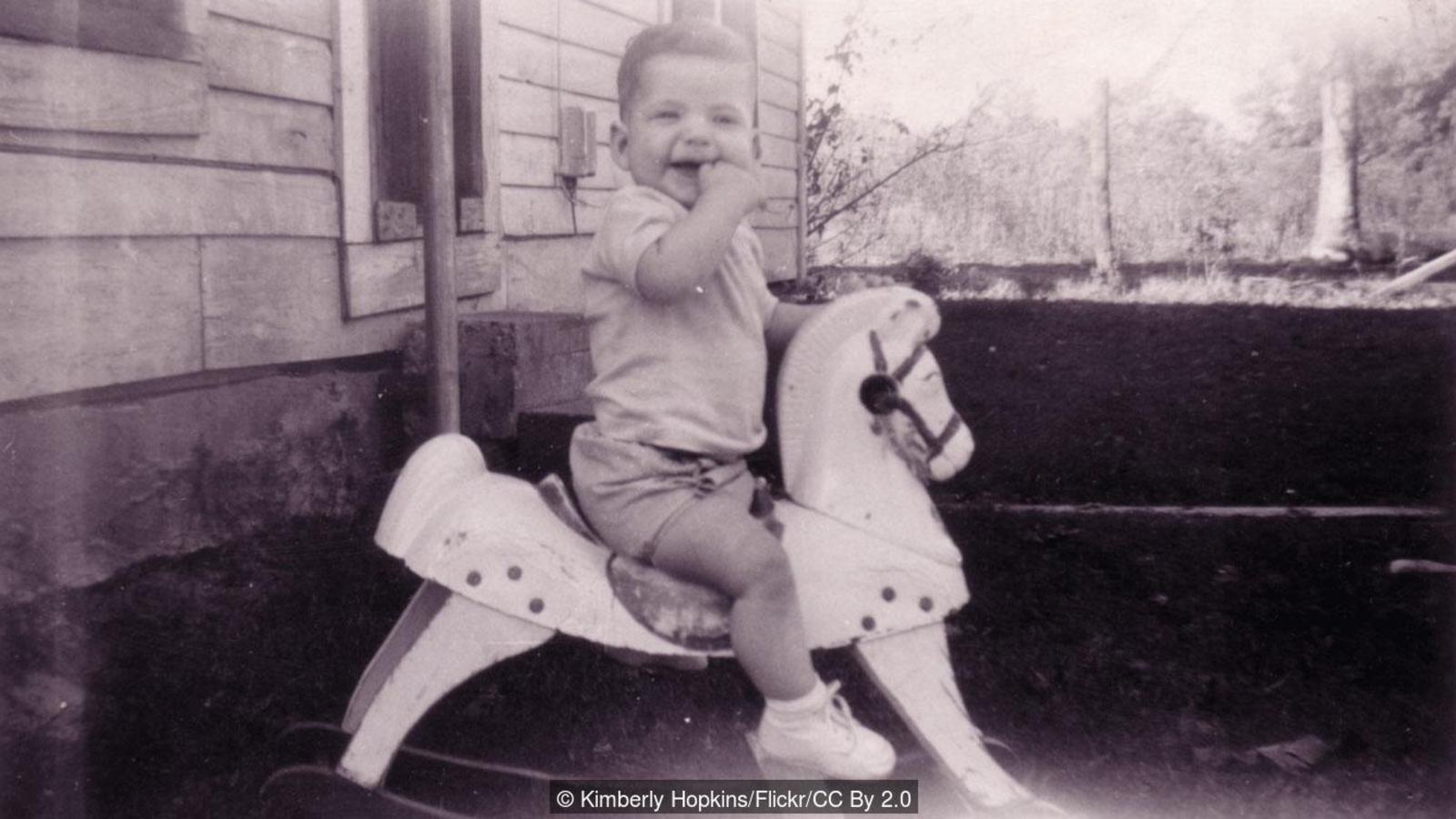
“If society reports that these memories are important to you, you will treasure them,” says Vaughn. The record of early memories belongs to the Maori people from New Zealand, in whose culture the past plays an important role. Many may recall the events that happened to them in two and a half years.
Our culture can also influence how we talk about memories, and some psychologists believe that memories come only when we master speech. “Language helps to create structure, memory organization, presentation. When you create a story, the experience becomes organized, and it is easier to remember over time, ”says Fivash. But some psychologists are skeptical about the fact that it has some value. For example, in children, deaf from birth, and growing without sign language, the age of first memories is no different from others.
On this basis, we can assume that we can not remember the first years of life, because the brain simply did not have time to develop the necessary equipment for this. The explanation of the phenomenon appeared due to the most famous person in the history of neuroscience, who is simply called HM. After an inept operation to cure epilepsy, during which his hippocampus was damaged, HM could not form memories for any new events. “This is the center of our learning and memory capabilities. If it were not for the hippocampus, I could not recall this conversation, ”says Jeffrey Fagen, a student of memory and training at St. John's University.
Interestingly, the patient could learn - like children. When scientists asked him to copy the picture of a five-pointed star, looking in the mirror (and this is more difficult than it seems), his technique improved from time to time - despite the fact that every experience seemed new to him.
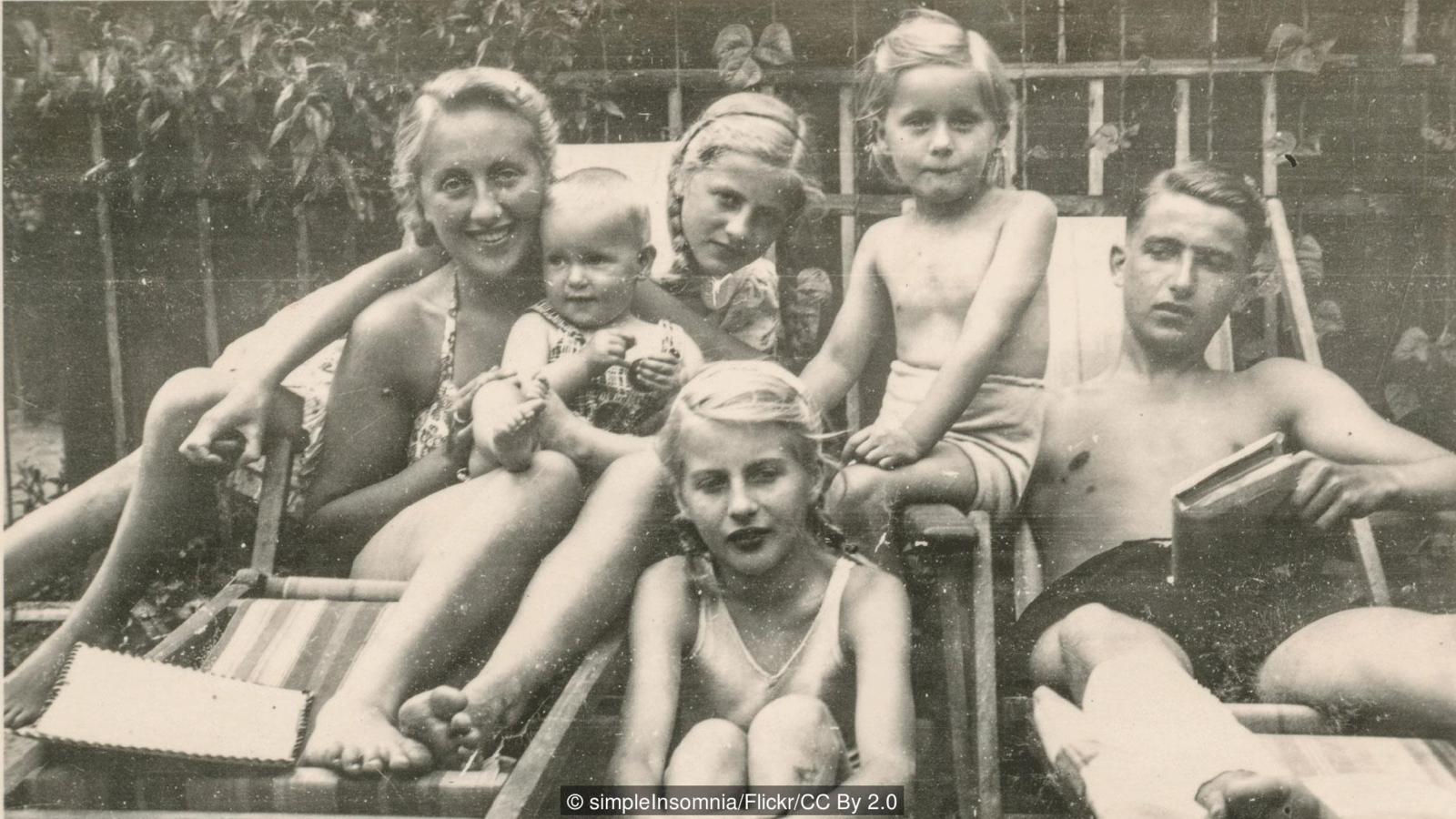
Perhaps at a very early age, the hippocampus is not sufficiently developed to construct a complete memory of the event. Cubs of rats, monkeys and humans continue to add new neurons to the hippocampus for the first few years of life, and we all are not able to create persistent memories in infancy - and, judging by everything, as soon as we finish the formation of new neurons, we suddenly acquire this ability. "In infants and young children, the hippocampus is underdeveloped," says Fagen.
But are our memories lost due to an underdeveloped hippocampus, or are they not formed at all? Since childhood events may affect our behavior for a long time after we forget them, some psychologists believe that they must be stored somewhere. “Memories are probably kept in an inaccessible place, but it is very difficult to demonstrate this empirically,” says Fagen.
But we must be wary of what we remember from that time - our childhood is filled with false memories of never-happened events.
Elizabeth Loftus, a psychologist at the University of California, Irvine, dedicated her career to studying this phenomenon. “People can podvakhtyvat hints and begin to visualize them - and they become memories,” she says.
Fictional events
Loftus knows first hand how easy it is. Her mother drowned in the pool when she was only 16. A year later, a relative convinced her that she had already discovered a floating lifeless body. But a week later the memories came back - when a relative explained that he was mistaken, and the body was discovered by someone else.
Of course, no one likes to hear that their memories are not real. To persuade the skeptics, Loftus needed clear evidence. In the 1980s, she recruited volunteers for the study and herself brought them memories.
Loftus came up with a complicated story about a traumatic trip to the supermarket when the child was lost, after which he was rescued by a kind old woman and reunited with her family. For credibility, she attracted a family of subjects. "We told our participants that we talked with their mother, and she spoke about some of the events that happened to them." Nearly a third of the subjects succumbed to this, some even recalled it in detail. Often we are more confident in our fictional memories than those that actually happened to us.
Even if your memories are based on real events, with hindsight they are most likely reformed and altered through memories that were introduced later in conversations. When did you decide to turn your sister into a zebra with a marker? This you saw on the video. A third birthday cake that your mom made? You told about this older brother.
Perhaps the biggest mystery is not why we cannot remember childhood — but whether we can believe our memories at all.
Source: https://habr.com/ru/post/399451/
All Articles